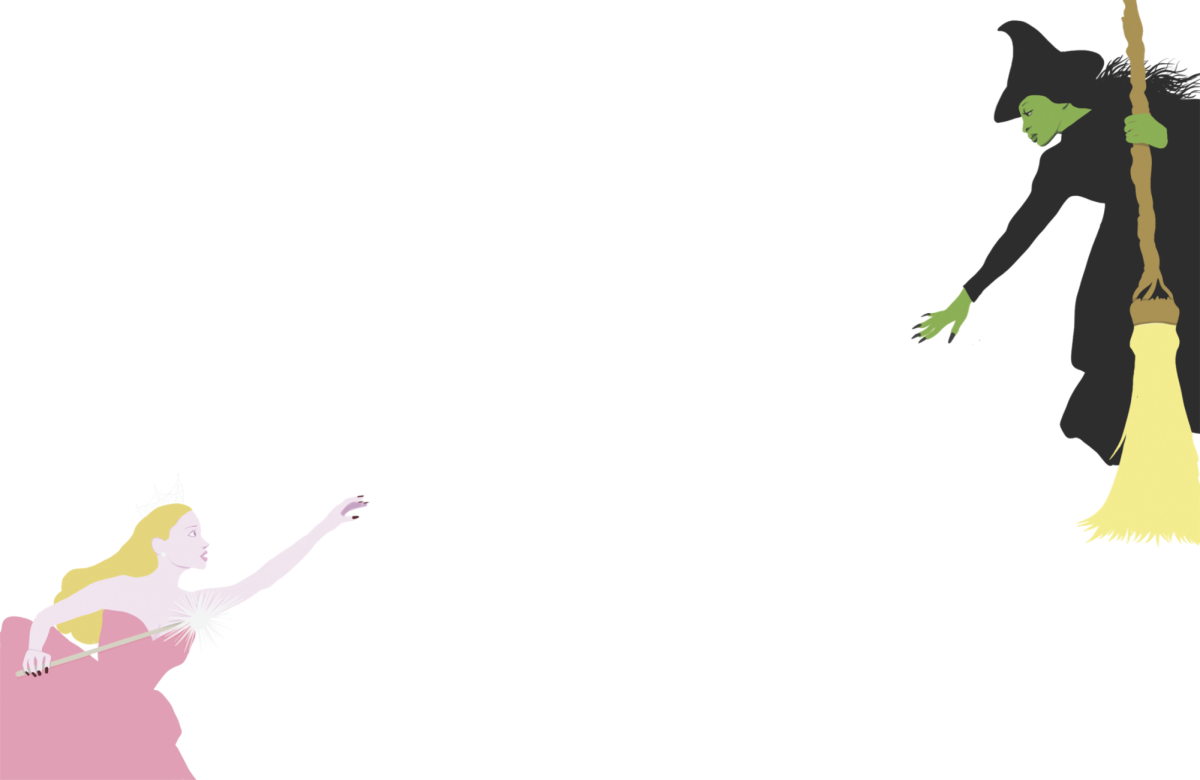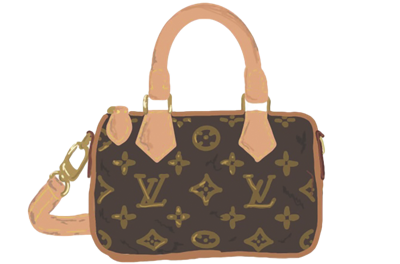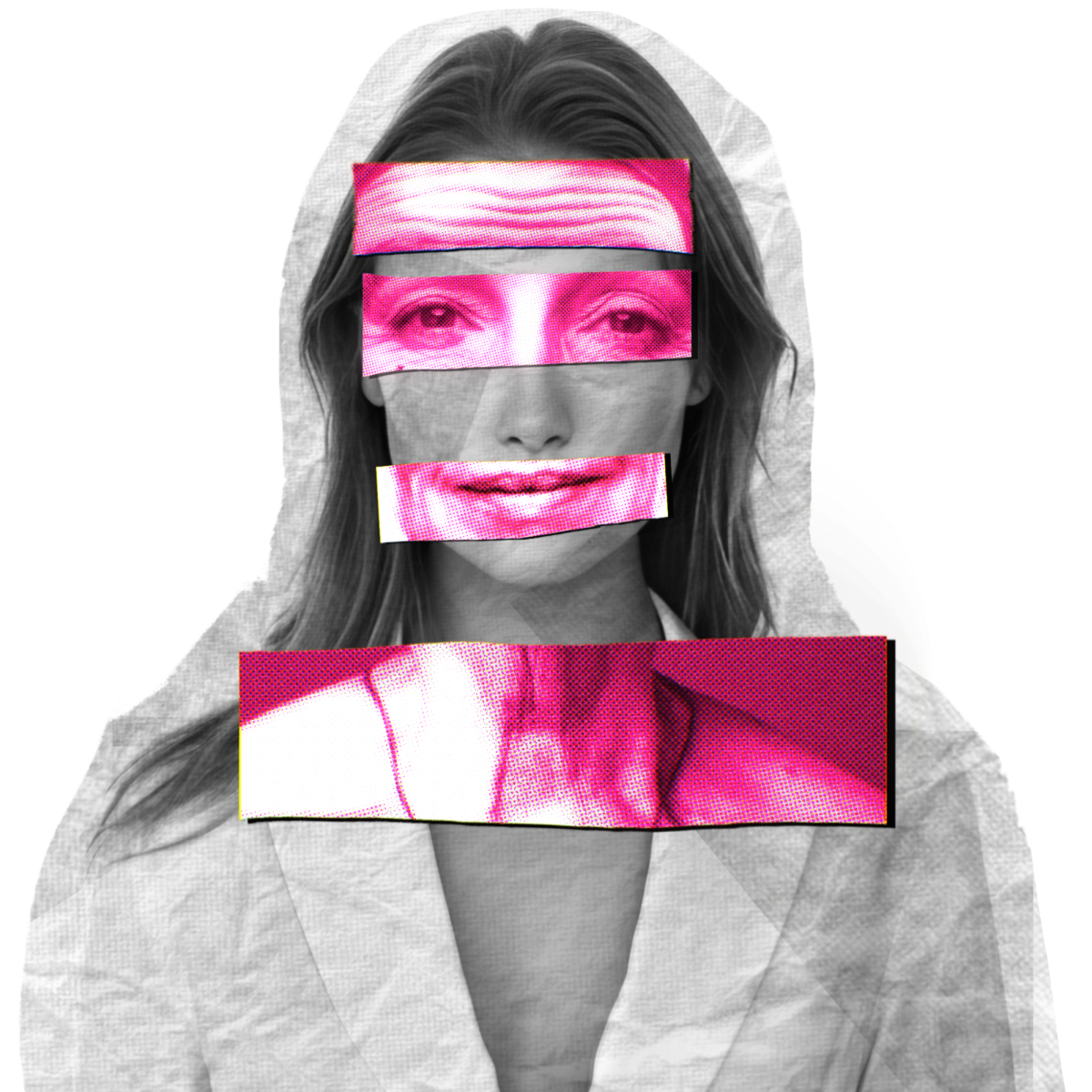Young children have few preconceived notions of the differences between genders.
As babies, boys and girls play together with the same toys, allowed and encouraged to engage with each other.
As time passes, kids begin to notice disparity. They generalize: boys like blue, girls like pink.
Traditionally, as girls grow older they are expected to begin displaying mature, womanly qualities.
They are supposed to strive to be poised, calm, and demure. They are supposed to want to be whatever it is that modern media defines as beautiful.
They are supposed to be feminine. So what does being feminine mean?
The Oxford Dictionary defines femininity as “the quality of being female; womanliness.”
I fit that. I am a woman, therefore aren’t I womanly? Aren’t the qualities that I posses innately female?
The example that goes with the Oxford definition is more perplexing: “She celebrates her femininity by wearing makeup and high heels.”
Why isn’t she celebrating her femininity by going bare-faced and bare-footed? Or by wearing a sports jersey and combat boots? Or just sitting in a chair, because shouldn’t being female be enough to be feminine?
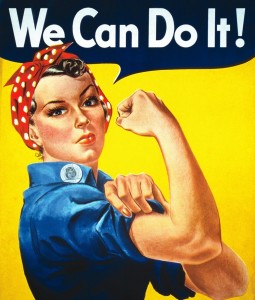 The idea of femininity is confusing and controversial, and always has been. When several men were asked to define femininity in an Internet chat forum, the answers they gave were appalling:
The idea of femininity is confusing and controversial, and always has been. When several men were asked to define femininity in an Internet chat forum, the answers they gave were appalling:
To me, a woman is feminine if she is well groomed, has manicured nails, styled hair that is not cut too short, and wears just a little bit of makeup like lipstick.
Others noted having “great breasts and butt” (à la “Kim Kardashian”) as a feminine quality, and “mannish haircuts” as not. A female contributor to the chat chimed in, saying femininity is “being ladylike, sweet, and gentle….[like the] Stepford Wives.”
On a personal level, I am disgusted by these interpretations of womanliness. I’d like to think that I can be feminine in a T-shirt and sweats, with short hair or long, without having to sacrifice my brains or my independence.
But if any of these people are right, I am not feminine. I do not try hard enough to be a lady.
There is, of course, a large and very present group of people who subscribe to the idea that femininity is the same thing as weakness.
Susan Brownmiller, a brilliant, highly acclaimed feminist activist and author wrote in her 1984 book, “Femininity,” that “[f]emininity is a nostalgic tradition of imposed limitations on women…
One works at femininity by accepting restrictions, limiting one’s sights, by choosing an indirect route, by scattering concentration and not giving one’s all as a man would to his own, certifiably masculine interests. Femininity is a grand collection of compromises, large and small.”
While Brownmiller’s definition of femininity does combat that of the men from the online chat room, it is not (and shouldn’t be) altogether correct.
According to this mindset, femininity isn’t something to strive for, and women who display feminine qualities are somehow substandard to those who reject their womanliness.
There is no reason why any girl should feel less than any other. Being girly, liking nail polish and ruffles does not make you less of woman than any tomboy, and vice versa.
But females have a tendency to feel like they need to put each other down in order to secure their place in the social strata.
The problem is deeper than a few cat fights. It even goes beyond the very serious issue of bullying. It is ingrained in our society.
Between the anorexic models in Vogue and the voluptuous Playboy Bunnies, girls are fed negative messages about their bodies and their minds from an early age.
Somewhere along the road, young, impressionable women are taught to hate themselves.
They learn that they are at the same time too much to be beautiful and not enough to be loved. And while this problem is too big to address in one article, it is the root of the controversy surrounding the idea of femininity.
So, how have we chosen to rectify this wrong being done to the women of the world?
We turn on the TV or the radio, blame musicians and actresses whom society has deemed less than morally upstanding for girls “losing their femininity” (whatever that really means).
In the Miley Cyrus’s and Lindsay Lohan’s of each generation, we find scapegoats, a person or a fad or an idea that is corrupting young girls.
Instead of accusing the media, what we should be doing is finding real role models for young women. Role models that they can look up to and adore.
 Take Beyoncé. The 32-year-old pop diva has won 17 Grammy’s (she’s been nominated for 45).
Take Beyoncé. The 32-year-old pop diva has won 17 Grammy’s (she’s been nominated for 45).
She just released a new album along with 17 music videos, and is a new mother. She literally does it all. The Queen Bey has been working since childhood to get to where she is today.
Besides her busy tour schedule and life in the limelight, Beyoncé has used her incredible fame to promote the importance of individuality to her fans (most of whom are preteen and young adult girls).
Beyoncé is an outspoken feminist who proves that a woman can be powerful and respected in our culture without having to reject her sexuality.
Now, that doesn’t mean that every woman on the planet has to be comfortable strutting around in a bikini, but every woman should be allowed to love herself.
Beyoncé’s personal strength makes her fierce; it makes her feminine.
Beyoncé isn’t the only healthy icon for girls to look up too. Jennifer Lawrence, Michelle Obama, Malala Yousafzai–all of these women and many more are phenomenal feminine role models.
So let’s take a moment to reflect on this big, elusive concept of femininity. Femininity goes beyond the dictionary definition, beyond the bigoted and misogynistic views of men looking to objectify.
I’d venture to say that a feminine woman is a woman who is brave, who is strong, and who is confident in herself, inside and out.
A feminine woman has flaws, and she chooses to love herself not only in spite of them, but because of them.
But what I say, how I define femininity is less important than how you do.
Femininity should not be something that other people determine for you.
Femininity should not be biased; you should not be excluded from the feminine umbrella because of your race, religion, sexual orientation, or even gender. Femininity should be something you find in yourself.
Fiercely Feminine
February 19, 2014
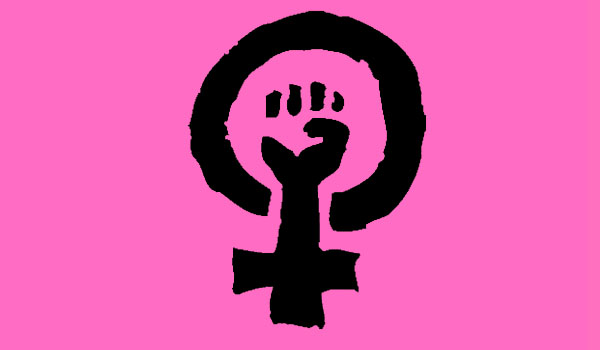
1
Donate to The Fourth Estate
$50
$500
Contributed
Our Goal
Your donation will support the student journalists of Laguna Blanca School. Your contribution will allow us to purchase equipment and cover our annual website hosting costs.













